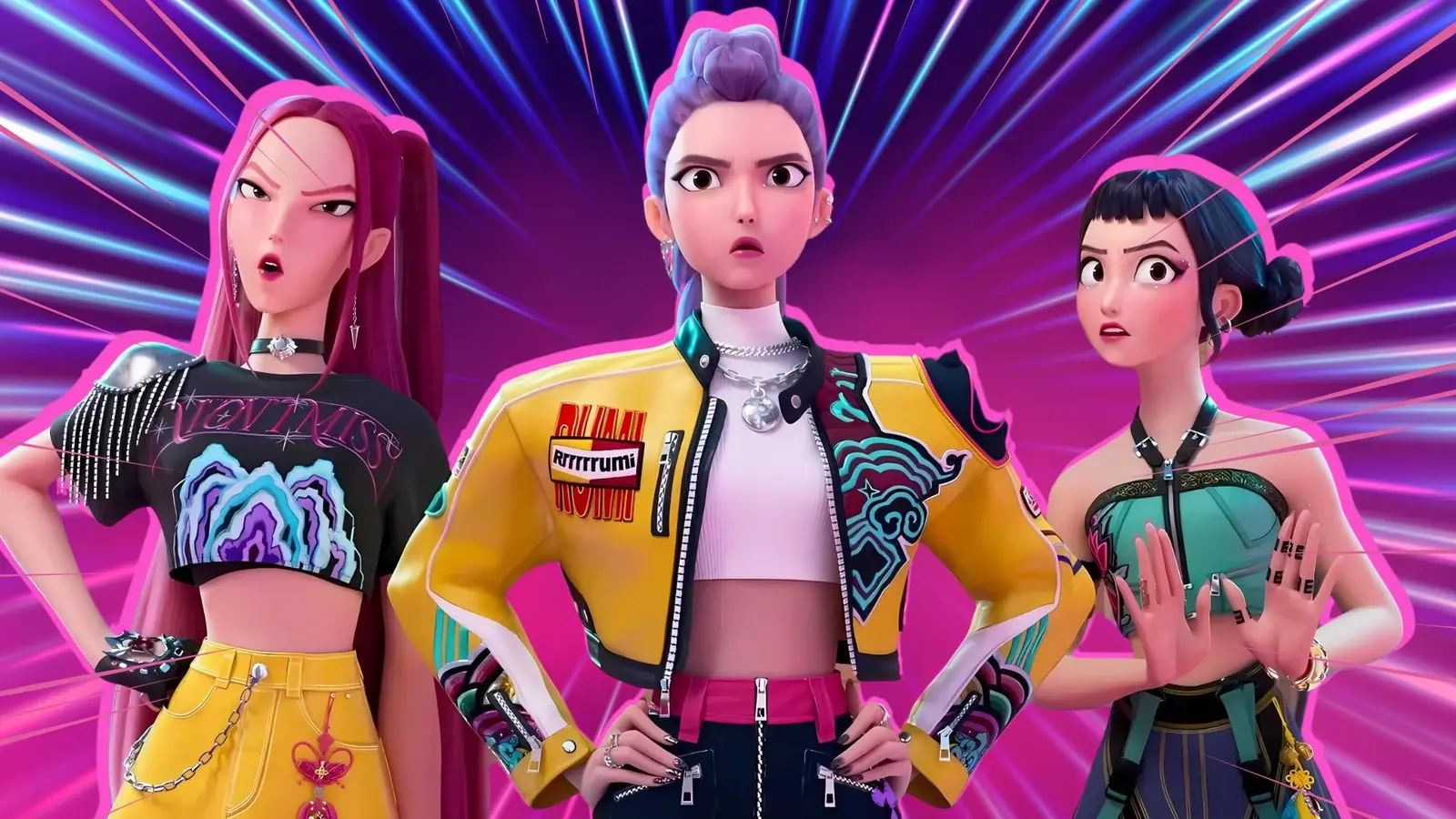7 Minutes
Netflix’s surprise theatrical moment: a sing-along phenomenon
Netflix claimed a cultural — if unofficial — victory this weekend when KPop Demon Hunters, its two-day sing-along engagement, drew an estimated $18 million at the North American box office, according to rival studios and industry sources. Netflix itself, true to form, did not publish ticket sales. The animated PG-13 feature, produced by Sony Pictures Animation and directed by Maggie Kang and Chris Appelhans, played in roughly 1,300 cinemas and featured a voice cast led by Arden Cho, May Hong and Ken Jeong.
Event cinema, K-pop energy and a packed house
The sing-along format turned the release into an event: EntTelligence reported more than 1.5 million admissions across venues that carried the film, with an admissions mix of about 82% standard and 18% premium formats. Average ticket prices cited were $13.63 for standard screens and $16.31 for premium. Notably, AMC — the largest North American chain — declined to exhibit the title because it was also available on the Netflix platform, underscoring the continuing tension between streamers and major chains.
How this stacks up to Netflix’s previous theatrical moments
KPop Demon Hunters is on track to become Netflix’s most-watched English-language theatrical-to-streaming film on the platform; it has amassed roughly 210.5 million views so far, not far behind Red Notice (230.9 million). The animated movie’s hybrid identity — a global K-pop-infused spectacle with an action-comedy core — tapped into two strong trends: fandom-driven event cinema and the continued appetite for K-pop culture in mainstream Western markets.
Comparisons and cultural context
In tone, the film is closer to high-energy animated entries like The Bad Guys 2 than to Netflix’s earlier big tentpoles such as Red Notice. But its sing-along model recalls special releases like The Rocky Horror Picture Show and more recent event screenings of musicals and anime, where community viewings amplify social media buzz. The combination of a K-pop aesthetic with supernatural action allowed the movie to appeal to both pop-music superfans and animation audiences.

Box office debate: EntTelligence vs. Comscore
Industry measurement firms painted different weekend pictures. While studio sources and EntTelligence credited KPop Demon Hunters with an $18 million haul, Comscore did not list it as the weekend’s number-one title, instead naming New Line/Warner Bros.’ horror hit Weapons, which earned about $15.6 million for its third weekend and sits near $116 million domestic. Comscore’s three-day tally was roughly $60.1 million, rising to about $78 million when including estimates for KPop Demon Hunters. These discrepancies are common when streamers don’t report figures publicly and studios rely on third-party data.
Wider theatrical landscape
The weekend showed a healthy mix of franchise fare and prestige films: Disney’s Freakier Friday, The Fantastic Four: First Steps, and Universal/DreamWorks’ The Bad Guys 2 continued steady runs, while specialty and festival titles like Ethan Coen’s Honey Don’t and Ron Howard’s Eden opened modestly. Titles that premiered at TIFF — David Mackenzie’s Relay and others — also arrived with targeted releases, reflecting an industry still balancing theatrical windows, streaming release plans, and awards-season positioning.
Will Netflix change its theatrical playbook?
Despite the headline-grabbing opening, there’s little reason to expect Netflix to overhaul its theatrical strategy. Company executives have repeatedly framed theatrical runs as promotional catalysts to boost subscriber viewing, not as a primary revenue driver. Netflix plans more theatrical launches tied to awards season, including Noah Baumbach’s Jay Kelly (starring George Clooney), Guillermo del Toro’s Frankenstein with Oscar Isaac, Kathryn Bigelow’s A House Of Dynamite, and Rian Johnson’s Wake Up Dead Man: A Knives Out Mystery — all slated for brief theatrical windows before streaming debuts.
Film historian Elena Ríos offered context: "Streamers have realized theatrical releases can be powerful marketing tools without becoming a core distribution channel. KPop Demon Hunters proves that eventized release strategies can amplify fan engagement and social buzz — but it won't necessarily push Netflix to maintain long theatrical runs across the board."
Industry implications and fan reception
KPop Demon Hunters highlights a few important trends: the growing intersection of global pop culture and mainstream Hollywood animation; the effectiveness of limited, event-driven theatrical runs in driving fandom engagement; and the enduring gatekeeping role of major exhibition chains. Fan reactions on social platforms praised the film's infectious soundtrack, choreography, and the communal energy of sing-along screenings. Critics have generally noted the film's crowd-pleasing set pieces while debating whether event releases enhance or dilute traditional theatrical metrics.
Behind the scenes and trivia
Production trivia: Sony Pictures Animation's collaboration with Netflix on a K-pop themed animation marks an unusual creative alliance — pairing a major studio animation house’s production values with the streaming service’s global marketing reach. The sing-along cut was timed to build excitement ahead of the platform debut, which Netflix scheduled for Monday, August 25. Voice talent such as Arden Cho and Ken Jeong helped bridge K-pop authenticity with broader comedic accessibility.
Critical perspectives and what to watch next
Critically, KPop Demon Hunters is being discussed as a template for how studios and streamers can experiment: short, concentrated theatrical windows, immersive formats (sing-along), and cross-cultural hooks (K-pop) that travel internationally. But measurement inconsistencies and chain resistance remain obstacles. If streamers want consistent box office recognition, they would need to start reporting numbers publicly and negotiate broader exhibition partnerships — steps Netflix appears unlikely to take soon.
Final take
KPop Demon Hunters' weekend is less a sign that Netflix will pivot to classic theatrical economics and more an indicator of how event cinema can amplify streaming-first strategies. The movie proved that with the right cultural moment and format, a short theatrical engagement can drive massive engagement and global conversation — even if it doesn’t change the long game for streaming giants.
Conclusion: The triumph of KPop Demon Hunters is a reminder that cinema still thrives as a communal experience. For filmmakers and distributors, it offers a playbook: curate moments that bring audiences together, lean into fandoms, and use theatrical runs as conversation starters that feed streaming success. The industry will be watching closely as Netflix rolls out a slate of awards-focused titles later this year to see whether the sing-along spark becomes a sustained strategy or remains an occasional flourish.
Source: screendaily


Leave a Comment